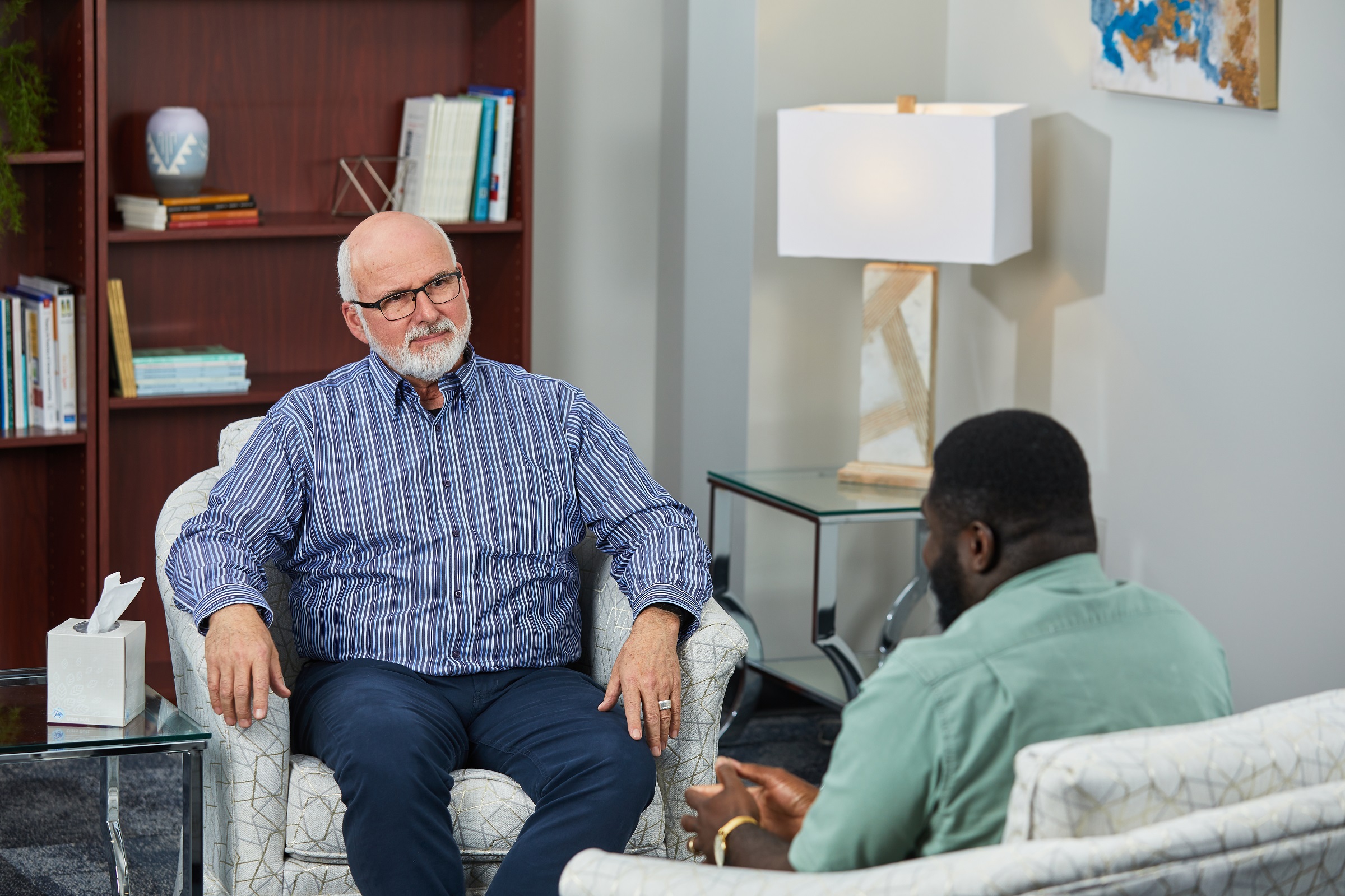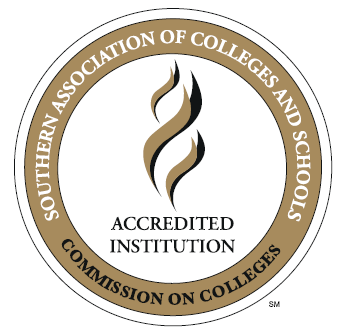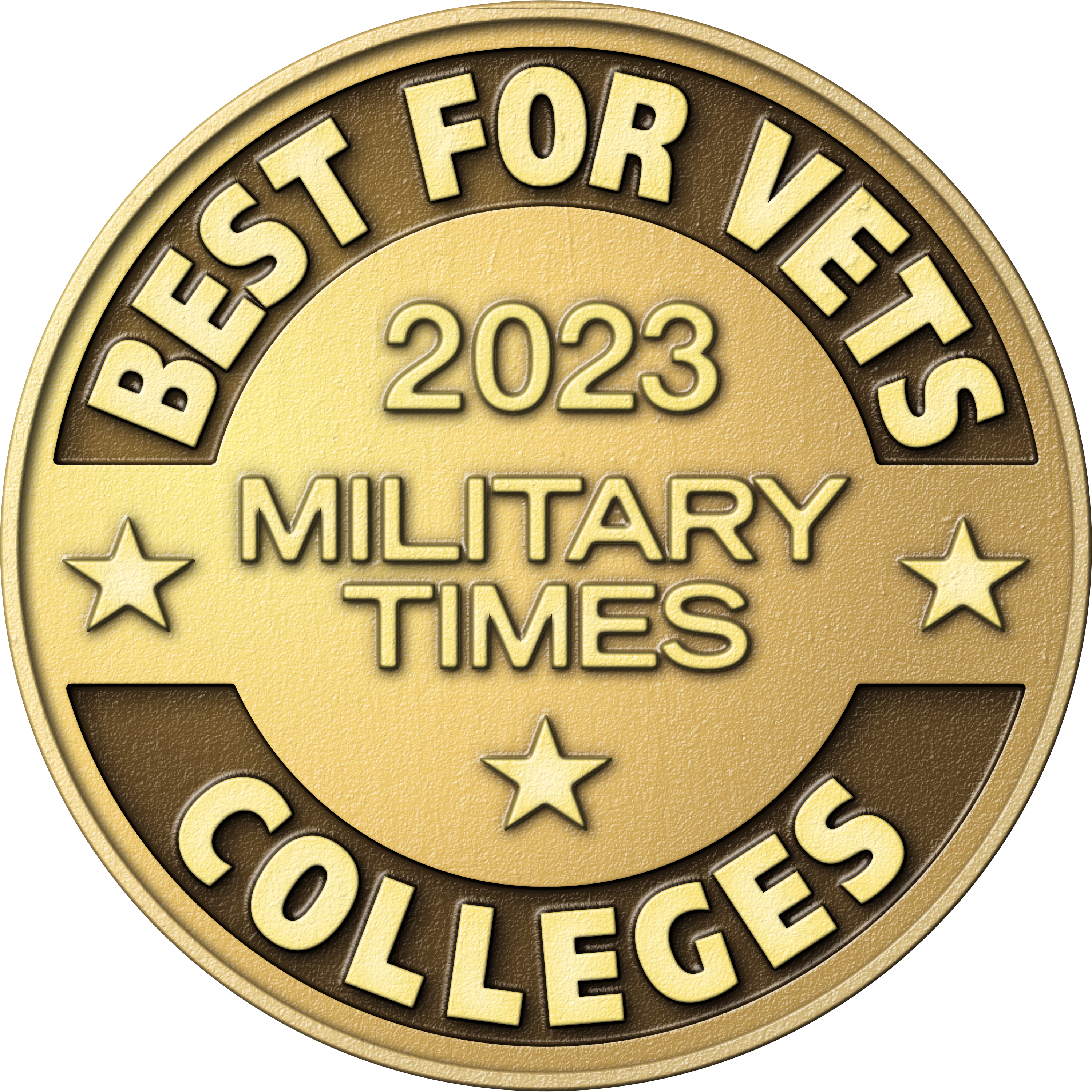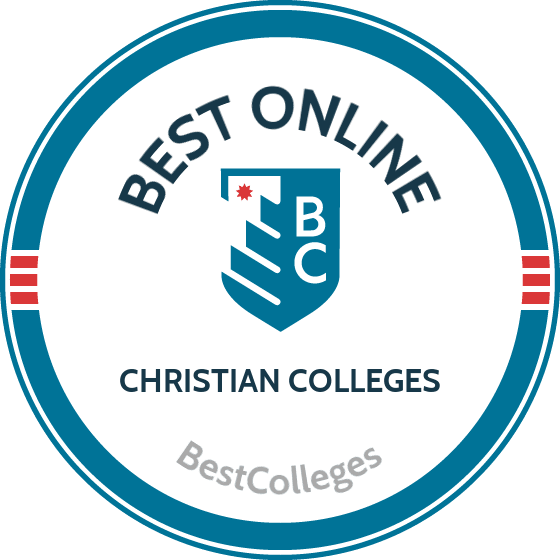EdD in Community Care and Counseling – Traumatology Transform Trauma into Triumph

57
Credit Hours
100% online, 8-week courses
Transfer in up to 50% of the degree total
Help Communities Rebuild with Liberty University’s Traumatology Degree
Have you ever witnessed a disaster on the news or in your own life? Communities and individuals alike can suffer severe consequences as a result of traumatic situations. From the city recovering from a natural disaster to the service member struggling with PTSD, people need the help of trained and equipped counselors.
That’s where a Doctor of Education (EdD) from Liberty University comes in. Our EdD in Community Care and Counseling – Traumatology can help equip you to counsel people who are dealing with traumatic experiences. Our professors will cover a wide variety of subjects including how to address emergencies, disasters, and personal tragedies with skill and sensitivity.
Please note: This EdD degree is not designed to meet state counseling licensure requirements. If you are interested in a state counseling license, please see our Master of Arts in Clinical Mental Health Counseling, Master of Arts in Marriage and Family Therapy, or Master of Education in School Counseling.








Ranked in the Top 10% of Niche.com’s Best Online Schools in America
What Sets Us Apart?
- Private Nonprofit University
- 600+ Online Degrees
- No Standardized Testing for Admission
- Transfer in up to 75% of an Undergrad Degree
- Transfer in up to 50% of a Grad/Doctoral Degree
Why Choose Liberty’s Online EdD in Traumatology?
Our mission is Training Champions for Christ, and we strive for excellence in all that we do. Here are some of the ways that Liberty’s program stands out:
- Completing your EdD online program with Liberty University will provide you with both experience and an opportunity to conduct advanced research.
- The integrated dissertation allows you to simultaneously complete significant parts of your required research and your online course content.
- This doctorate offers 5 courses specifically in trauma therapy, helping you hone your skills in this unique area of counseling.
What Will You Study in Our Online Community Care and Counseling – Traumatology Doctorate Degree Program?
This EdD in Traumatology focuses on personal research and writing. You can learn the core, expert-level content you need to succeed in trauma counseling for communities, families, and individuals. Then, you will take what you have learned and apply it to your dissertation, which will be an original, written work.
Some of the concepts that can prepare you for your EdD in trauma counseling online dissertation include:
- Appropriate responses to community trauma
- How to diagnose and treat addictive behaviors
- Qualitative methods of research
- Trauma in children, adults, and families
- Types of therapy used for trauma
Potential Career Opportunities
- Church counselor
- Disaster relief recovery specialist
- Group therapist
- Outpatient care therapist
- Remote mental health coach
- Social worker
- Trauma therapist
- Victim advocate
Please note: Many clinical counseling roles will require individual state licensure.
Featured Courses
Degree Information
- This program falls under the School of Behavioral Sciences.
- View the Graduate Behavioral Sciences Course Guides for the doctorate in trauma counseling (login required).
- Download and view the Ed.D. in Community Care and Counseling Handbook for more information on the dissertation process and other aspects of this online trauma therapy and crisis response degree.
Degree Completion Plan (PDF)

Not sure what to choose?
Speak to one of our admissions specialists to help you choose the program that best fits your needs.
Tuition & Aid
Your success is our success, which is why we are committed to providing quality academics at an affordable tuition rate. While other colleges are increasing their tuition, we have frozen tuition rates for the majority of our undergraduate, graduate, and doctoral programs for the past 9 years – and counting.
| Doctoral Full Time | $595/Credit |
|---|---|
| Doctoral Part Time | $650/Credit |
Eligible current and former military service members and their spouses may qualify for a special rate of $300/credit hour (learn more).
Financial Aid & Scholarships
Admission Requirements for Liberty University’s Community Care and Counseling EdD Program
Admission Requirements
- Apply online or over the phone with an admissions counselor by calling (800) 424-9596.
- A non-refundable, non-transferable $50 application fee will be posted on the current application upon enrollment (waived for qualifying service members, veterans, and military spouses – documentation verifying military status is required).
- Send official college transcripts (mailed as sealed, unopened copies or sent via a direct electronic transcript system). A regionally or nationally accredited master’s degree with at least a 3.0 GPA is required for admission in good standing.
- Applicants lacking a graduate-level statistics course will be required to complete CEFS 515 Research and Program Evaluation (3 c.h.), or EDUC 518 Educational Research and Assessment (3 c.h.), or its equivalent prior to EDCO 735 in the Ed.D.
- Applicants whose native language is other than English must submit official scores for the Test of English as a Foreign Language (TOEFL) or an approved alternative assessment. For information on alternative assessments or TOEFL waivers, please call Admissions or view the official International Admissions policy.
Preliminary Acceptance
If you are sending in a preliminary transcript for acceptance, you must:
- Be in your final term and planning to start your doctoral degree after the last day of class for your master’s degree.
- Complete a Master’s Self-Certification Form confirming your completion date. You may download the form from the Forms and Downloads page or contact an admissions counselor to submit the form on your behalf.
- Submit an official transcript to confirm that you are in your final term. The preliminary transcript must show that you are within 6 credit hours of completion for a 30-48 credit hour master’s degree or within 9 credit hours of completion for a 49+ credit hour master’s degree.
- Send in an additional, final official transcript with a conferral date on it by the end of your first semester of enrollment in the new doctoral degree.
Transcript Policies
Official College Transcript Policy
An acceptable official college transcript is one that has been issued directly from the institution and is in a sealed envelope. If you have one in your possession, it must meet the same requirements. If your previous institution offers electronic official transcript processing, they can send the document directly to luoverify@liberty.edu.
Admissions Office Contact Information
Liberty University Online Admissions Verification
1971 University Blvd.
Lynchburg, VA 24515

Ready to Apply?
Submit your application online or over the phone.
Military
Liberty University is dedicated to providing world-class educational experiences to military students across the globe.
Who May Qualify?
- Active Duty
- Reserve/National Guard
- Veterans/Retirees
- Spouses of Service Members and Veterans/Retirees
- Current Department of Defense Employees
Available Benefits:
- Tuition discounts – $275 per credit hour for EdS and EdD courses
- Additional discount for veterans who service in a civilian capacity as a First Responder (less than $625 per course)
- 8-week courses, 8 different start dates each year, and no set login times (may exclude certain courses such as practicums, internships, or field experiences)
Frequently Asked Questions
How do you become a trauma expert?
Becoming an expert in any field requires a combination of education, training, and experience. Liberty University’s community care and counseling traumatology degree can provide you with the tools needed to become a trauma counselor and expert.
Throughout this program, you will conduct both research and practice, helping you become more skilled as a trauma therapist. Additionally, since this is a terminal degree you will be at the educational height of your field upon graduation.
What degree do you need to be a trauma counselor?
In order to become a trauma counselor, you will need a master’s or doctoral degree in traumatology. Our EdD includes extensive research and writing for the integrated dissertation. However, our program goes beyond academia and provides you with expert knowledge and opportunities for real-life training and practice.
How does trauma therapy work?
There are several different types of therapy that can be used with trauma victims. However, one of the most common methods is cognitive-behavioral therapy (CBT). Through CBT, the counselor conducts a limited number of sessions with the patient to talk through negative thought patterns. By identifying these patterns, the counselor can guide the patient to correct them and begin looking at situations in a healthier way.
CBT is a beneficial therapeutic method for trauma victims because it allows them to form healthy coping mechanisms when memories and triggers arise for them. You could help your patients learn to think in a way that allows them to thrive.
Inner Navigation
- Overview
- What Sets Us Apart?
- Why Choose Liberty?
- What Will You Study?
- Tuition & Aid
- Admission Information
- Military
- FAQs
Have questions?
